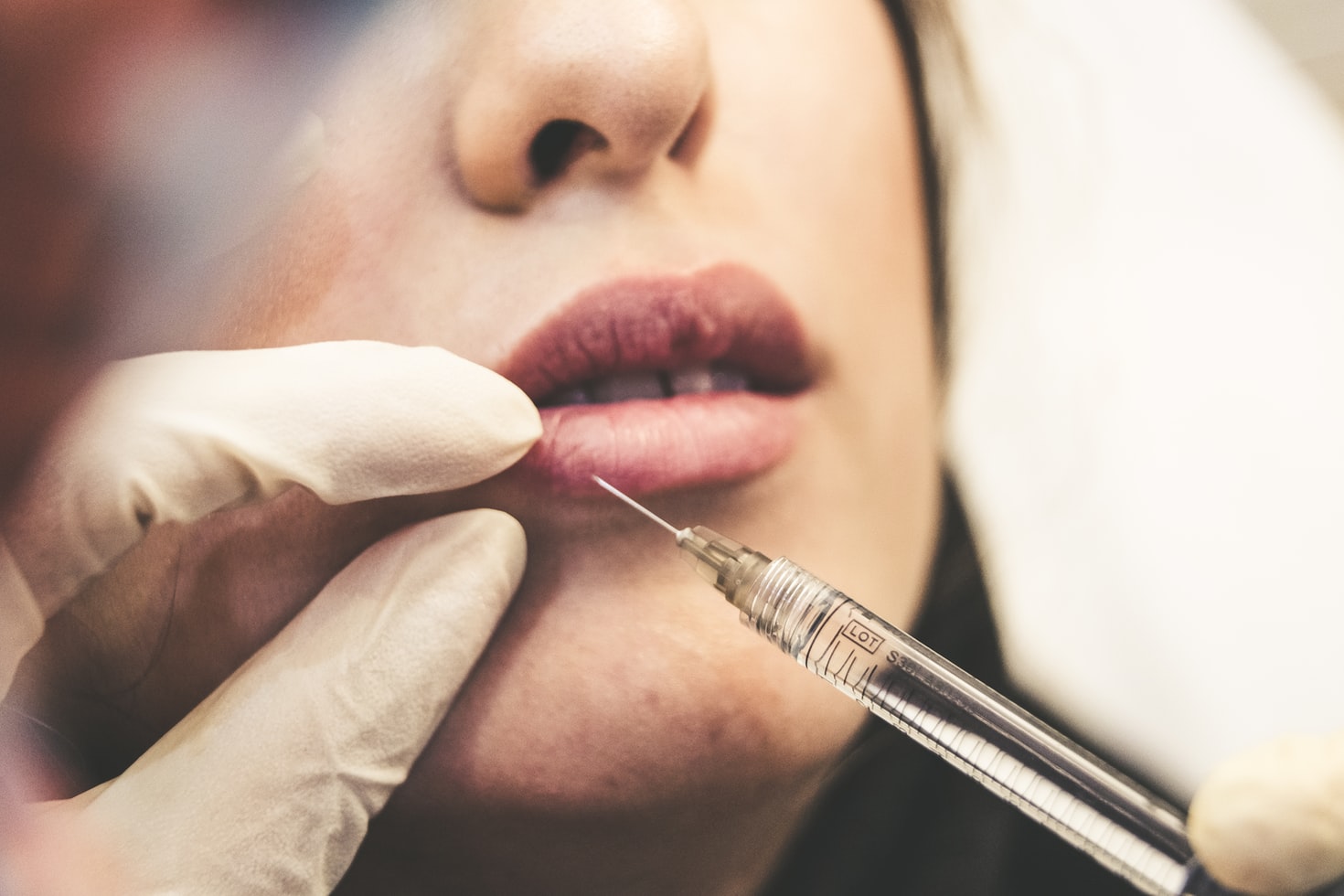Lip fillers are injectable fillers in the form of a gel that is injected under the skin to give the lips the desired shape or volume. The incoming gel fills the space in the soft tissues and is fixed in place, forming the desired relief. Depending on the composition of the lip filler, the effect can last from several months to several years.
The essence of the technique
The principle of the enlargement method is that special dermal fillers are injected under the skin, which gives the lips additional volume. The introduction is performed by injection, so the procedure does not require a rehabilitation period. For correction, so-called fillers are used, which are dense gel-like substances. There are a wide variety of fillers on a variety of bases.
Earlier, silicone-based preparations were used for lip plastics with fillers, but then they were abandoned due to a large number of shortcomings – they often caused allergic reactions, if incorrectly administered, they could “float” down, and the silicone was not excreted from the body, that is, if the result is not suited the patient or he changed his mind about walking with lush lips, then he had to do an operation and pump out the substance.
Today, in most cases, fillers containing hyaluronic acid are used for correction. It is natural and familiar to the human body since it is contained in the intercellular space. It is hyaluronic acid that is a catalyst that activates the production of collagen and elastin, improving and rejuvenating the skin. With age, the body decreases the production of hyaluronic acid, which is why skin changes occur.
Lip fillers should:
- give sufficient volume;
- make the natural result;
- be hypoallergenic;
- not give side reactions;
- not respond to changes in ambient temperature;
- over time, excreted from the body.
Taking into account these nuances, manufacturers create special fillers designed exclusively for injection into the tissues of the lips.
Varieties of fillers
There are many types of fillers:
- synthetic (silicone, acrylic);
- biosynthetic (a combination of synthetic substances such as calcium hydroxyapatite or polymethyl merthiate dextranomer, and natural compounds – hyaluronic acid, collagen);
- biodegradable (purified hyaluronic acid, bovine collagen).
In addition, fillers are distinguished by density and viscosity.
What are the best lip fillers to choose?
The best fillers for lip correction are drugs based on hyaluronic acid. This substance binds water molecules, giving volume and elasticity to the tissues. Hyaluronic acid rarely causes allergic reactions and side effects, as it is natural to the human body.
As a rule, dense gels with a viscosity of 24-30 are selected for lip augmentation. This indicator demonstrates the content of hyaluronic acid in mg per 1 g or 1 ml of the drug. The higher the number, the more substance is in the filler and the longer the effect lasts. Manufacturers offer special lines of fillers designed to be injected into the lip tissue. They have the add-on “Lips” in their name.
How long does hyaluronic acid last in the lips?
It is difficult to find a person who has not heard of such a procedure as lip augmentation with fillers. Popular beauty technology attracts lightness, efficiency, and safety. A few local injections are enough (no scalpel, anesthesia, and difficult rehabilitation!) To make the lips look sensual and sexy.
Thinking about contouring, every woman asks herself questions: “How long does hyaluronic acid keep in the lips?” and “Will the long-awaited effect disappears after a few weeks?”
As a rule, the effect of filler introduction lasts 6-10 months and depends on a number of factors, including individual ones. That makes it easy to correct the result of the procedure.
The plumping effect will last longer if:
- maintain a full water balance of the body (you need to drink up to 3 liters of water per day);
- use care and decorative cosmetics, the components of which are combined with “hyaluronic acid”;
- refrain from actions associated with physical exertion on the lips (stretching, biting, etc.);
- do not eat foods that increase metabolism;
- limit sunbathing and saunas.

